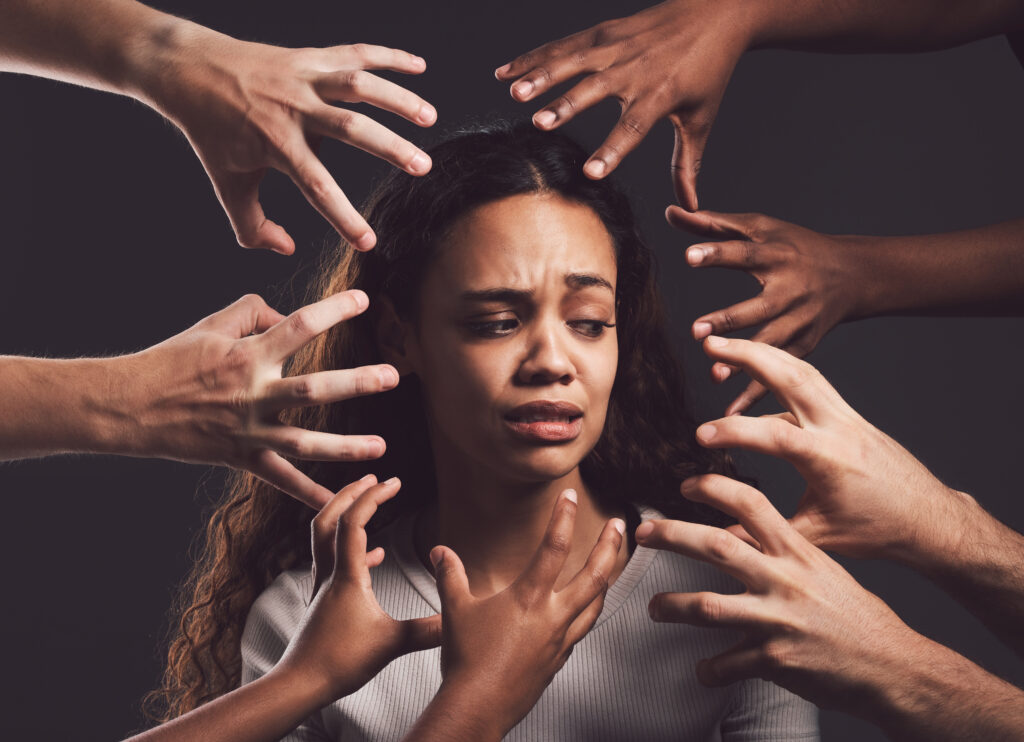
Understanding the Critical Difference Between SNF and Long-Term Nursing Care
I am sure everyone agrees that not only is providing healthcare complicated, but so are all the administrative aspects of healthcare. And as a result,

World Mental Health Day is Oct. 10, and the funding frenzy is on.
Mental health was a priority pre-pandemic, but such issues have risen across every population over the last 21 months, especially for the most vulnerable and marginalized populations. For my colleagues in hospital emergency departments and community health centers, the situation has reached crisis proportions; patients are waiting from days to weeks for appropriate beds and other services.
These latest awards total close to $1 billion for organizations and their communities to mitigate the social determinants of mental health (SDoMH).
First up, the Substance Abuse and Mental Health Services Administration (SAMHSA) awarded over $825M to community mental health centers around the U.S.; these community-based facilities (or groups of facilities) provide prevention, treatment, and rehabilitation mental health services. Funding is being provided through the Consolidated Appropriations Act of 2021 and the Coronavirus Response and Relief Supplemental Appropriations Act of 2021. The grants require the 231 centers to:
Next, CMS awarded $15M to 20 states for planning grants to support expansion of community-based mobile crisis intervention services for Medicaid recipients. These services are comprised of professionals trained to de-escalate and treat individuals in substance-use related or behavioral health crisis, then intervene with assessment and stabilization of persons in the least restrictive setting. The goal is to divert individuals with mental illness from jail and emergency departments. Funding is via the American Rescue Plan Act of 2021 and will expand the 24/7 delivery of mobile crisis intervention units across Alabama, California, Colorado, Delaware, Kentucky, Massachusetts, Maryland, Maine, Missouri, Montana, North Carolina, New Mexico, Nevada, Oklahoma, Oregon, Pennsylvania, Utah, Vermont, Wisconsin, and West Virginia.
Finally, $50M was awarded by the National Institutes of Health to University of North Texas Health Science Center at Fort Worth (HSC). The Center will lead a multi-institutional coordinating initiative focused on community engagement, artificial intelligence/machine learning, and health equity research. Busting the implicit bias associated with artificial intelligence is a necessity to leverage the technology and mitigate gaps in health and mental healthcare. More funding is on the horizon; I’ll be watching closely for further awards.
In recognition of National Mental Illness Awareness Week, we checked in with our Monitor Mondays listeners on whether their facilities and programs continue to experience discharge or follow-up appointment delays for patients awaiting mental health treatment; the results appear here.
Programming Note: Listen to Ellen Fink-Samnick’s live reporting of SDoH every Monday on Monitor Mondays, 10 Eastern.


I am sure everyone agrees that not only is providing healthcare complicated, but so are all the administrative aspects of healthcare. And as a result,

Today I want to give you a closer look at a story that fell, in my opinion, pretty under the radar when it happened given
Please log in to your account to comment on this article.

Accurately determining the principal diagnosis is critical for compliant billing, appropriate reimbursement, and valid quality reporting — yet it remains one of the most subjective and error-prone areas in inpatient coding. In this expert-led session, Cheryl Ericson, RN, MS, CCDS, CDIP, demystifies the complexities of principal diagnosis assignment, bridging the gap between coding rules and clinical reality. Learn how to strengthen your organization’s coding accuracy, reduce denials, and ensure your documentation supports true medical necessity.

Denials continue to delay reimbursement, increase administrative burden, and threaten financial stability across healthcare organizations. This essential webcast tackles the root causes—rising payer scrutiny, fragmented workflows, inconsistent documentation, and underused analytics—and offers proven, data-driven strategies to prevent and overturn denials. Attendees will gain practical tools to strengthen documentation and coding accuracy, engage clinicians effectively, and leverage predictive analytics and AI to identify risks before they impact revenue. Through real-world case examples and actionable guidance, this session empowers coding, CDI, and revenue cycle professionals to shift from reactive appeals to proactive denial prevention and revenue protection.

Sepsis remains one of the most frequently denied and contested diagnoses, creating costly revenue loss and compliance risks. In this webcast, Angela Comfort, DBA, MBA, RHIA, CDIP, CCS, CCS-P, provides practical, real-world strategies to align documentation with coding guidelines, reconcile Sepsis-2 and Sepsis-3 definitions, and apply compliant queries. You’ll learn how to identify and address documentation gaps, strengthen provider engagement, and defend diagnoses against payer scrutiny—equipping you to protect reimbursement, improve SOI/ROM capture, and reduce audit vulnerability in this high-risk area.

Only ICD10monitor delivers what you need: updates on must-know changes associated with the FY26 IPPS, including new ICD-10-CM/PCS codes, CCs/MCCs, and MS-DRGs, plus insights, analysis and answers to your questions from two of the country’s most respected subject matter experts.

Stay ahead of the 2026-2027 audit surge with “Top 10 Audit Targets for 2026-2027 for Hospitals & Physicians: Protect Your Revenue,” a high-impact webcast led by Michael Calahan, PA, MBA. This concise session gives hospitals and physicians clear insight into the most likely federal audit targets, such as E/M services, split/shared and critical care, observation and admissions, device credits, and Two-Midnight Rule changes, and shows how to tighten documentation, coding, and internal processes to reduce denials, recoupments, and penalties. Attendees walk away with practical best practices to protect revenue, strengthen compliance, and better prepare their teams for inevitable audits.

As AI reshapes healthcare compliance, the risk of biased outputs and opaque decision-making grows. This webcast, led by Frank Cohen, delivers a practical Four-Pillar Governance Framework—Transparency, Accountability, Fairness, and Explainability—to help you govern AI-driven claim auditing with confidence. Learn how to identify and mitigate bias, implement robust human oversight, and document defensible AI review processes that regulators and auditors will accept. Discover concrete remedies, from rotation protocols to uncertainty scoring, and actionable steps to evaluate vendors before contracts are signed. In a regulatory landscape that moves faster than ever, gain the tools to stay compliant, defend your processes, and reduce liability while maintaining operational effectiveness.

Get clear, practical answers to Medicare’s most confusing regulations. Join Dr. Ronald Hirsch as he breaks down real-world compliance challenges and shares guidance your team can apply right away.

Federal auditors are zeroing in on Inpatient Rehabilitation Facility (IRF) and hospital rehab unit services, with OIG and CERT audits leading to millions in penalties—often due to documentation and administrative errors, not quality of care. Join compliance expert Michael Calahan, PA, MBA, to learn the five clinical “pillars” of IRF-PPS admissions, key documentation requirements, and real-life case lessons to help protect your revenue.
Happy National Doctor’s Day! Learn how to get a complimentary webcast on ‘Decoding Social Admissions’ as a token of our heartfelt appreciation! Click here to learn more →
CYBER WEEK IS HERE! Don’t miss your chance to get 20% off now until Dec. 1 with code CYBER25
CYBER WEEK IS HERE! Don’t miss your chance to get 20% off now until Dec. 2 with code CYBER24